From July 22 to August 4, the Zhejiang University 2024 SDGs Global Summer School on Inclusive Development was successfully held. More than twenty outstanding students from prestigious institutions around the world, including New York University, University College London, Erasmus University Rotterdam, Dublin University, and Sun Yat-sen University, gathered at Zhejiang University to explore and learn about the diverse pathways to inclusive development.
The opening ceremony of this year's summer school was held on July 22. All participants, along with hundreds of outstanding young scholars from 36 countries and regions, engaged in academic exchanges and cultural interactions, marking the beginning of a vibrant "Seeking Truth" journey.
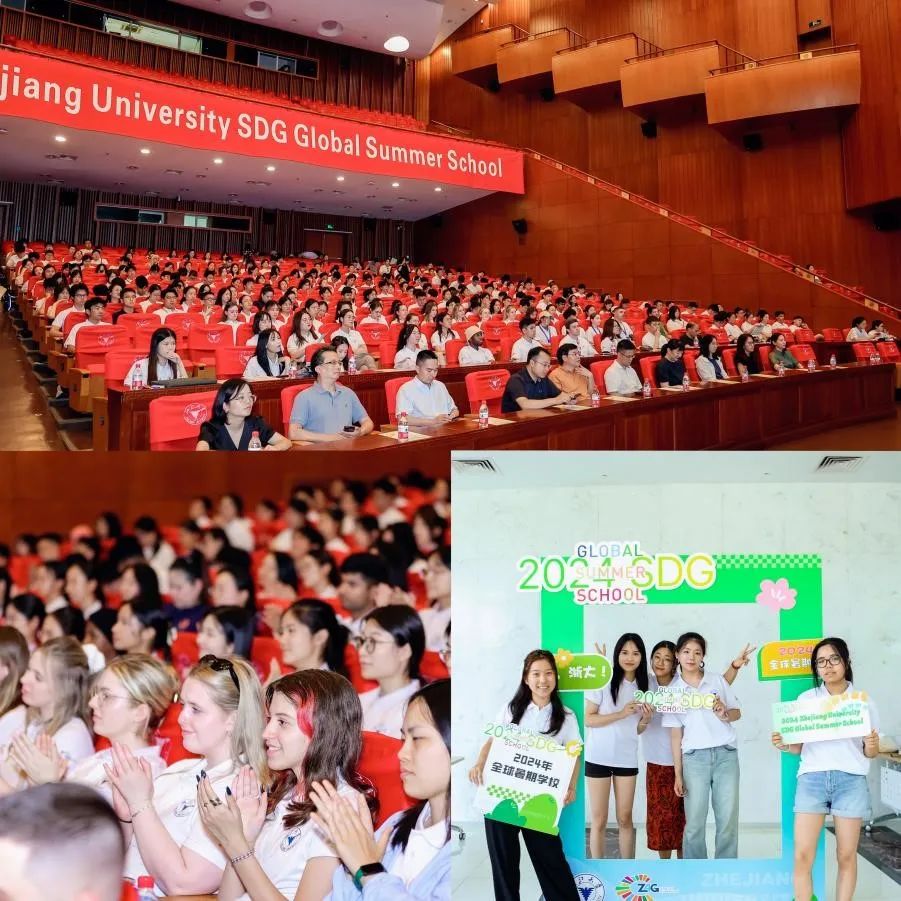
From July 23 to August 3, the courses were led by professors Gong Binlei from the Department of Agricultural Economics and Management, Liu Tao from the Department of Social Security and Risk Management, and Xu Yuanshuo from the Department of Urban Development and Management. The program also featured lectures and exchanges by distinguished scholars, including Kevin Chen, Qiushi Chair Professor at Zhejiang University, and Chen Gang, a tenured associate professor at the University at Albany, SUNY. The course topics covered global social policy, inclusive cities, and inclusive agriculture and rural development, providing students with a deeper understanding of the theory of inclusive development and inspiring them to contemplate future research directions.
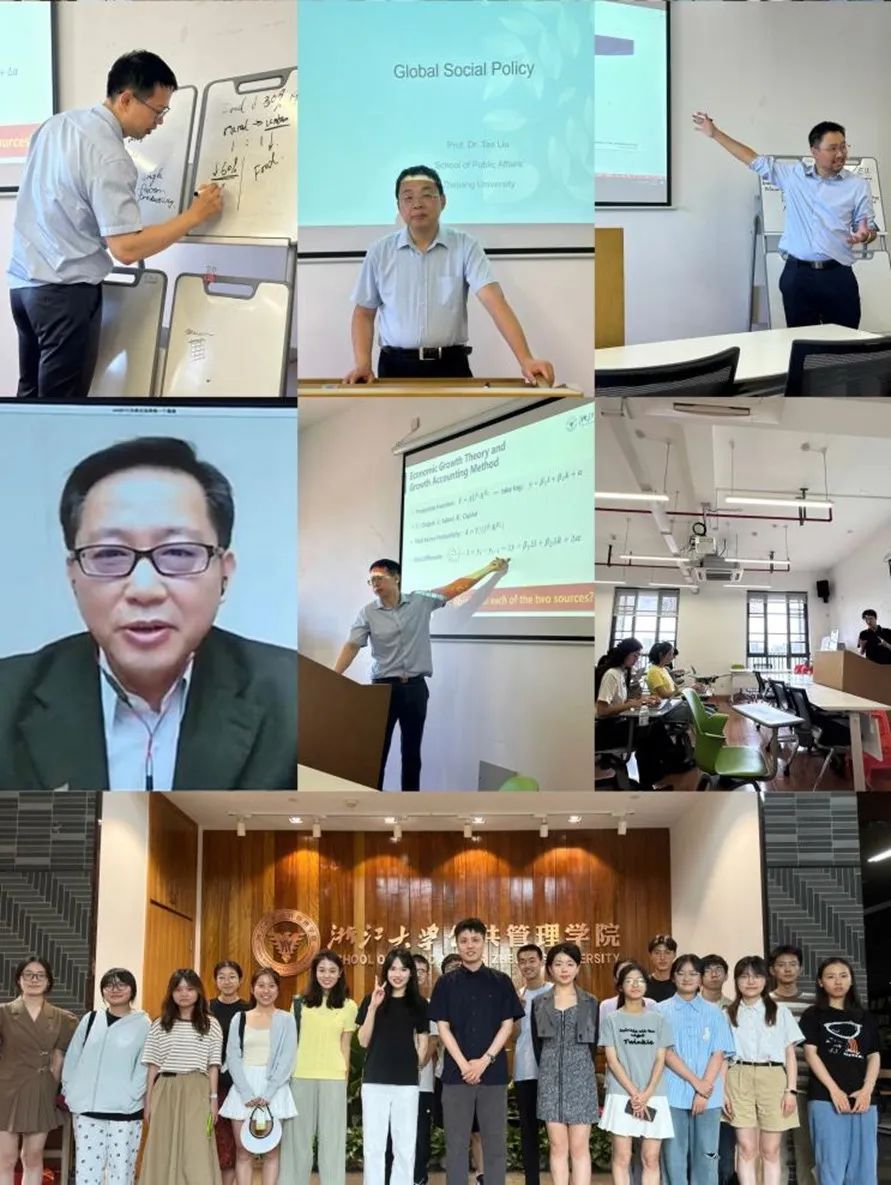
Participants expressed that this learning experience not only broadened their international perspectives but also deepened their understanding of the concept of inclusive development. The case studies, especially those focusing on the experiences of China and other developing countries in promoting inclusive growth, were particularly enriching.
In addition to classroom teaching, the school organized a variety of experiential learning activities, including city tours, governance experiences, and thematic analyses. These activities allowed participants to learn through engagement and practice, gaining firsthand knowledge of inclusive development.
On July 24, participants visited Yishang Town and Tangqi Village's Shared Prosperity Academy for field study. They first toured several art studios and cultural enterprises in Yishang Town to understand how the town promotes economic growth through the development of the cultural industry, while also preserving and transmitting local culture and enhancing residents' cultural literacy and quality of life through arts education.
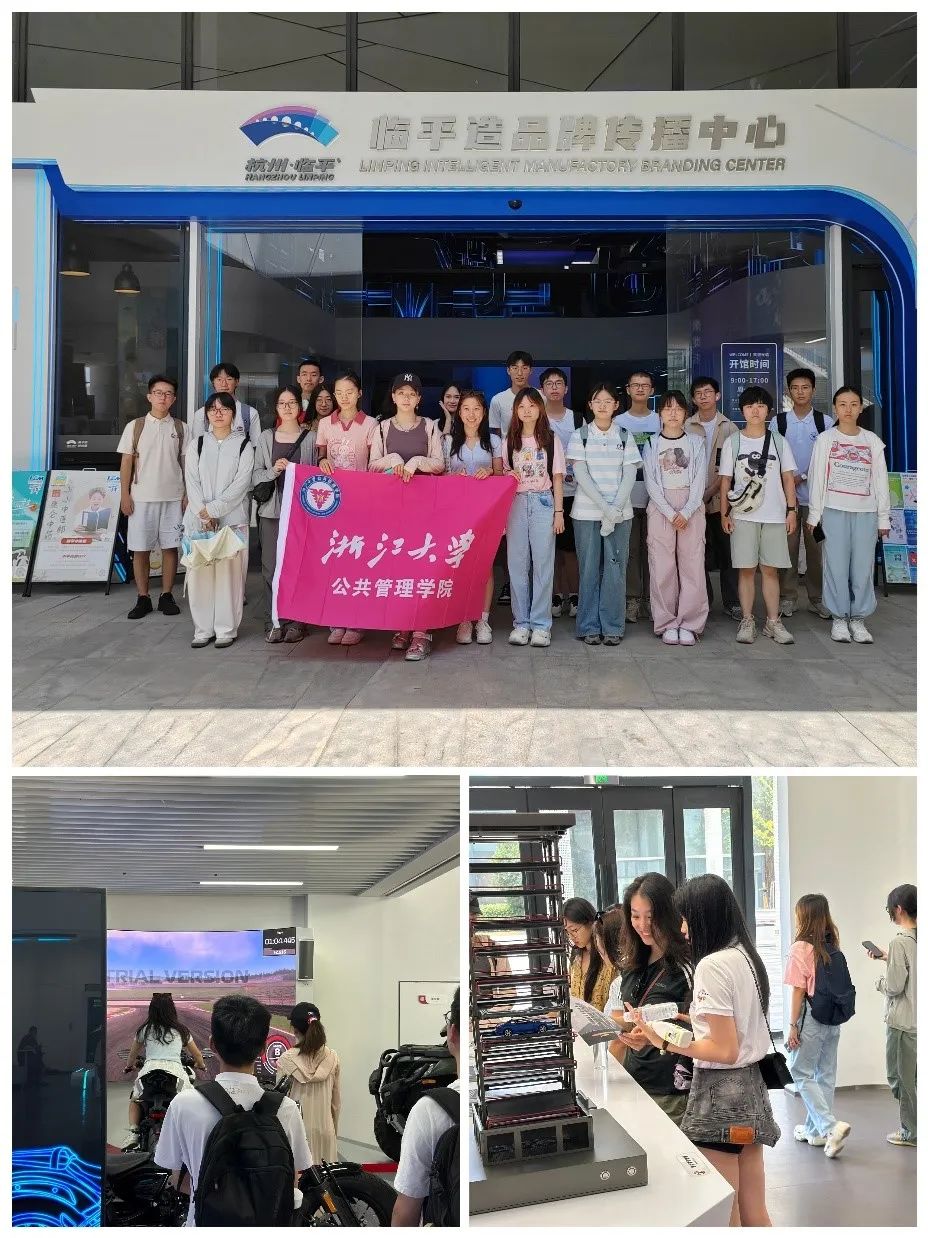
Later, the participants visited the Shared Prosperity Academy in Tangqi Village, an educational platform dedicated to rural revitalization and increasing farmers' incomes. They observed training courses offered by the academy and gained insights into its economic development model, which helps local farmers improve their production capabilities and management skills. Through these interactions, participants gained a more intuitive understanding of sustainable rural economic development and shared prosperity for farmers.
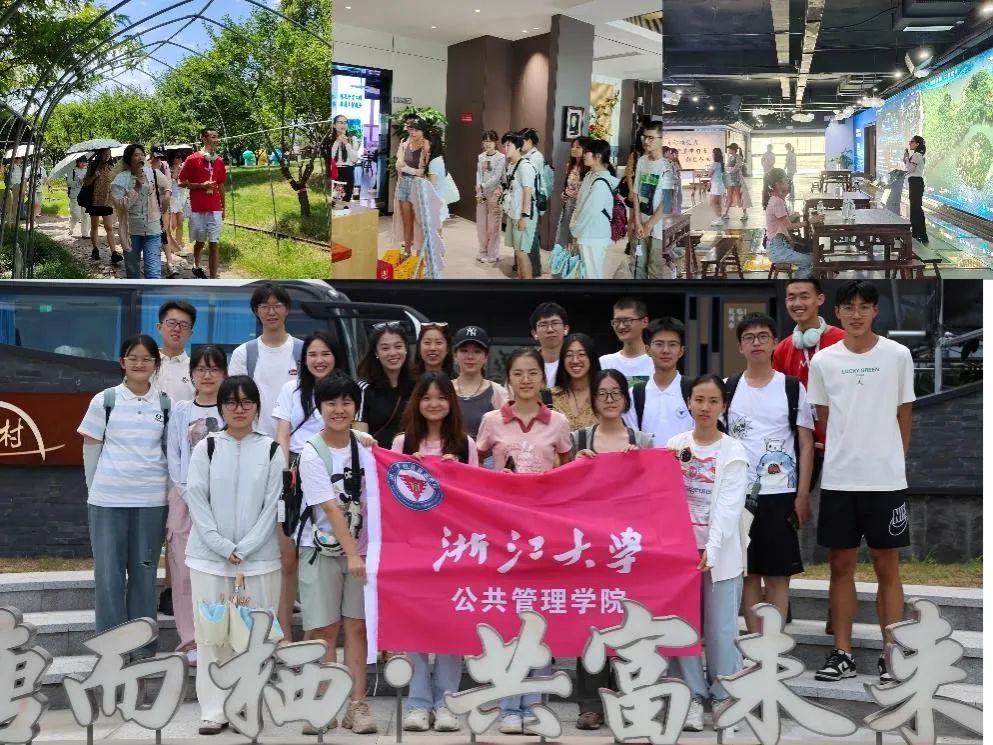
On July 28, the participants visited the Hangzhou Huanglong Sports complex, a venue for the 19th Asian Games. This visit aimed to provide participants with a firsthand experience of urban management and inclusive development in the context of a major international event. Through guided tours, participants learned about the design concepts, construction process, and post-event utilization plans for the venue, as well as the transportation hubs and smart city management systems developed for the Asian Games. This experience gave participants a deeper understanding of how to balance efficiency and humanistic care in large-scale events.
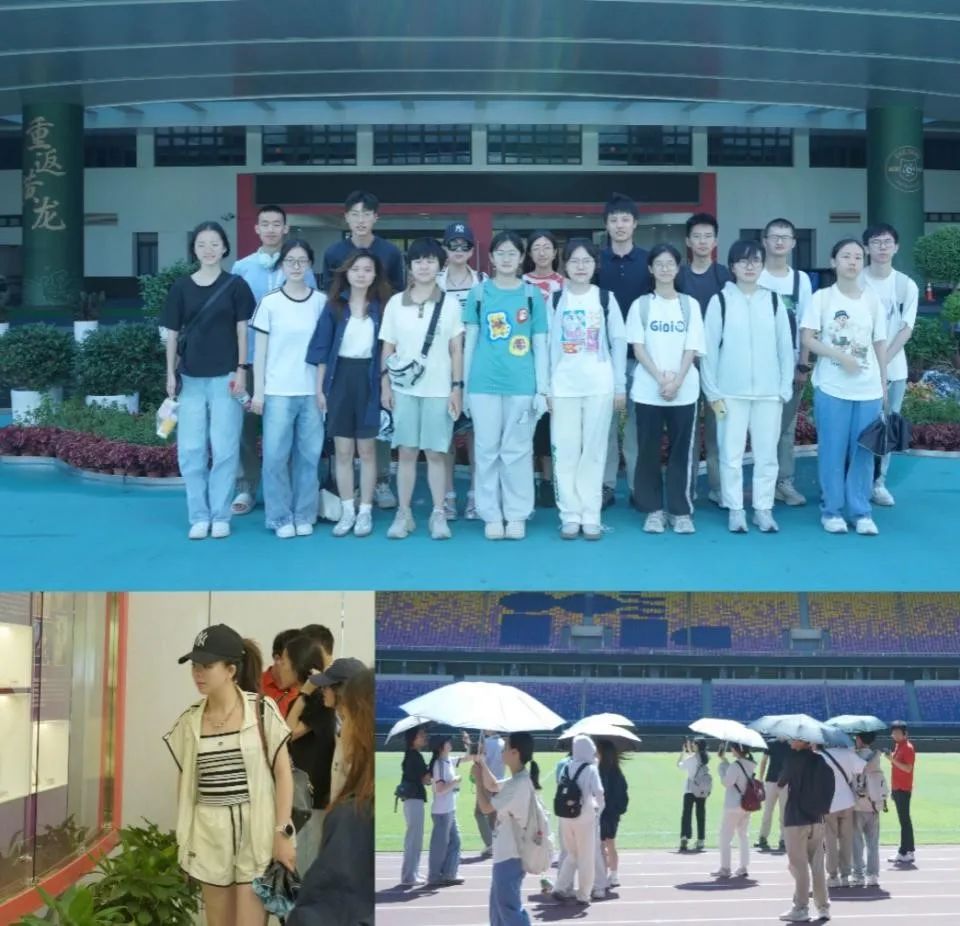
On August 1, the participants visited the Zhejiang University Museum of Art and Archaeology. Through the fusion of text and visuals, they experienced the interdisciplinary exchange and integration of different subjects. Using art interpretation as a means to stimulate creativity and critical thinking, they considered new approaches to the inclusive development of civilizations while remaining mindful of human cultural heritage.
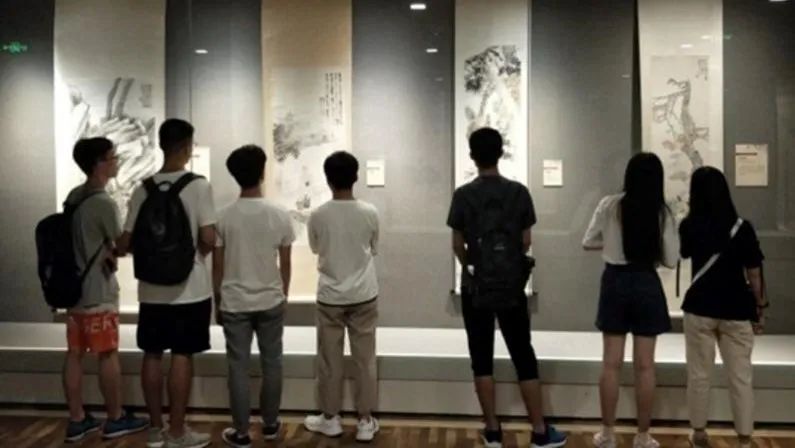
On August 4, the closing ceremony of the summer school and the panoramic study tour of Hangzhou cityscape took place at the tallest building in Yuhang District. Participants from around the world gathered to view the cityscape of Hangzhou from above, experiencing firsthand the achievements of inclusive development in this city and enjoying the unique Song Dynasty-style tea culture, further deepening their understanding of Chinese culture.
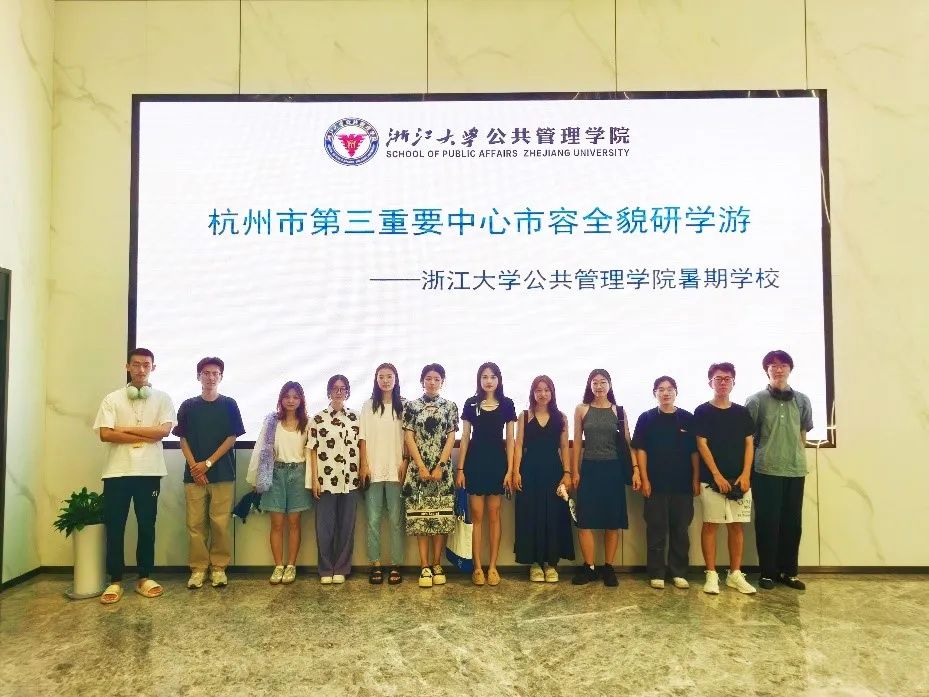
On the day of the event, participants stood on the observation deck of the tallest building in Yuhang District, overlooking the urban landscape of Hangzhou. From bustling commercial districts to tranquil residential areas, and verdant parks, participants deeply appreciated the harmonious coexistence between this modern metropolis and its natural surroundings, gaining insight into the city's new concepts of development and planning wisdom.

They also took part in a tea culture experience, using tea as an entry point to explore the past and present of Hangzhou, a city with a rich Song Dynasty heritage. This activity showcased the charm of traditional Chinese culture to the international participants, enhancing their understanding of Hangzhou's development through the ages.
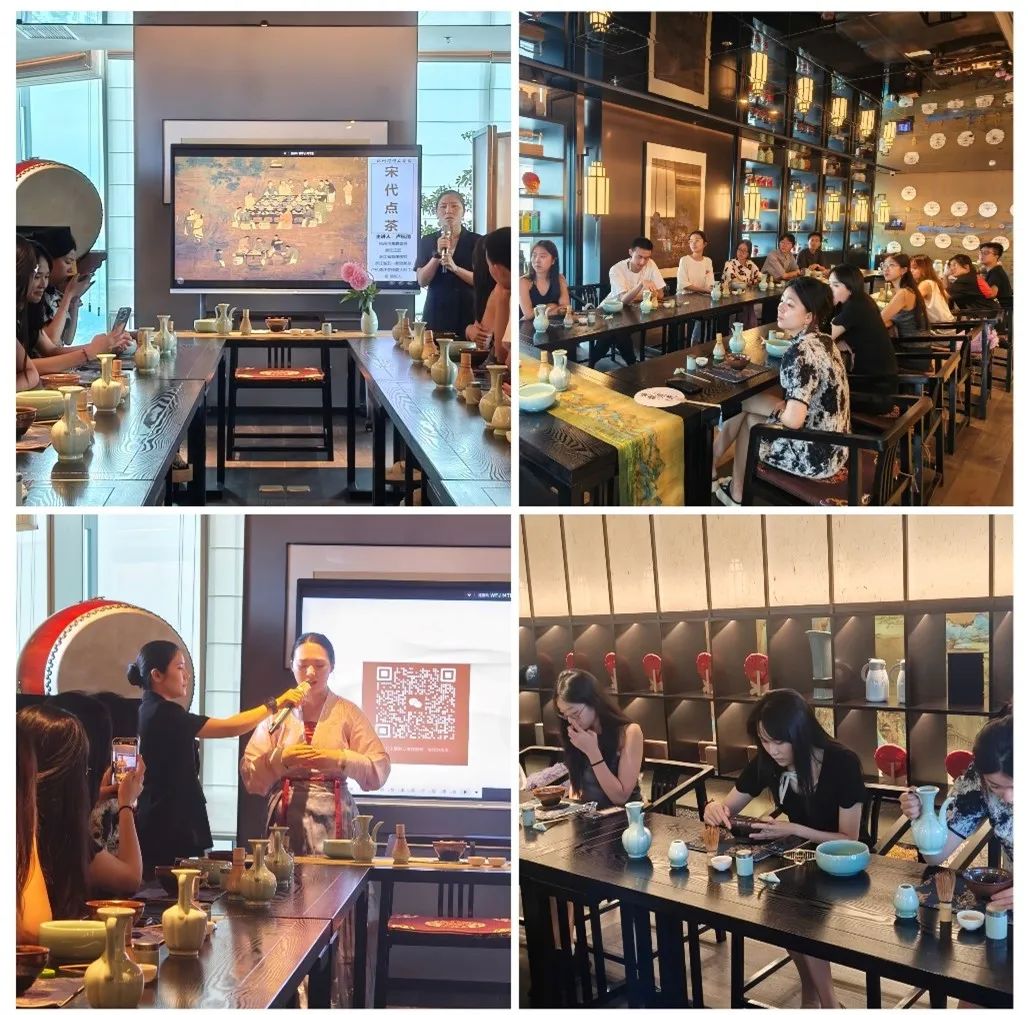
After two weeks of intensive learning, participants expressed their eagerness to apply what they had learned in practice, using these experiences to explore new approaches to sustainable development in their respective research fields. The summer school concluded successfully, with participants carrying their newfound knowledge and insights as they continue their academic pursuits!


